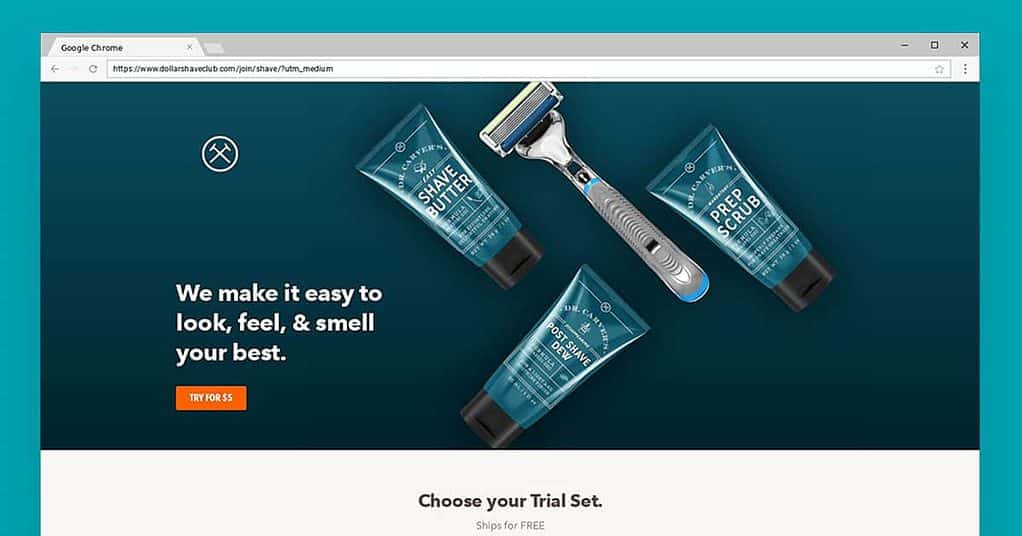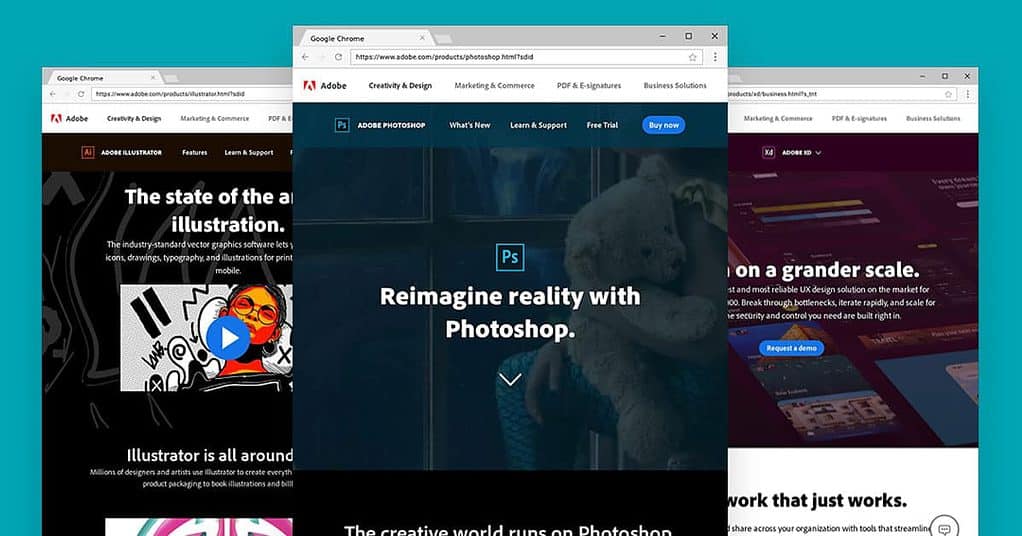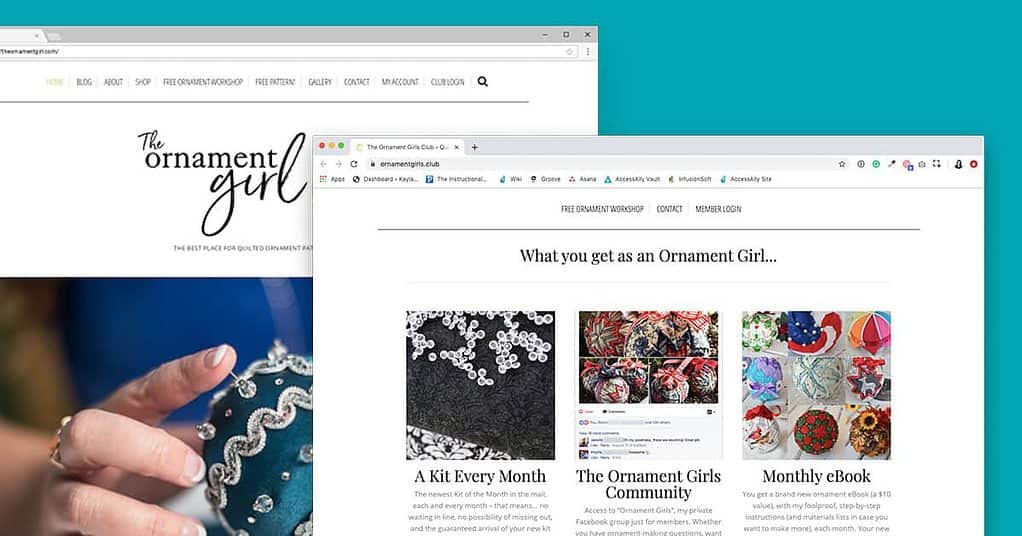If you’ve been in business for a while, or are considering starting a new business, you might have heard about the “holy grail” of business models. Any time you create income that is predictable and reliable month-over-month, it is recurring revenue.
One of the best books we’ve found that really spells out the power of this revenue model is “The Automatic Customer” by John Warrillow.
Many recurring revenue business ideas require hard work and persistence but they pay off in the long run. This is because the revenue stream is consistent, which brings your business the cash flow necessary to grow.
What Recurring Revenue is and How it Works for Your Business
Before we dive into the recurring revenue business models, let’s first get clear on what recurring revenue is (and what it isn’t).
Recurring revenue is income generated in a business that comes in regularly, usually monthly or yearly, and that is considered very stable. Recurring income allows revenue to come in with a high degree of certainty.
With a recurring revenue model, businesses can predict what percentage of revenue may be lost each month and also how many new subscriptions are likely to join. When you’re tracking membership metrics with a reporting dashboard, it’s like being able to predict next month’s revenue.
But recurring income is not a magic “make money without any work” formula. As you’ll see in the examples of recurring revenue businesses below, it requires a different set of skills to set up and successfully manage over time.
The Benefits of a Recurring Revenue Business Model
The value of recurring revenue for your company goes beyond the obvious perk of “make more money, more consistently.”
The freedom of this type of income stream also opens up new opportunities for your business, which might include:
- You & your team are freed to focus on providing the best possible customer service to your clientele
- Reduced marketing/sales costs, since you can serve current revenue streams rather than going out and trying to pitch to new customers.
- As your customer support improves the overall experience of each of your clients, referrals and brand loyalty increase; this brings in new customers naturally and organically.
7 Types of Recurring Revenue Business Models
The following recurring business models are a few of my favorite recurring income examples. They will help you better understand the variety of opportunities that exist and they’ll provide some great inspiration.
1. Build a Membership Program for Your Business
With a membership plugin installed, clients sign up for ongoing access to an offering that is created in a membership site. A membership site is a place where you can deliver content, build community, and offer coaching or consulting for a monthly recurring fee. Only paying members can participate, and all of this is usually handled through a membership site plugin or platform.
These are great for increasing your customer base, managing your sales funnel, and creating recurring revenue for your business! Selling online memberships can take many forms, from packaging information, resources, community, coaching, or a combination of them all.
Pro tip: It’s worth doing some niche research to see where yours falls in some of the most popular niches for online courses.
Membership sites add value to your sales funnel by automating access to some of your products or services for a regular fee. Membership sites charge by the month or year, or both and offer access to routine services or information.
So, for example, instead of spending all your time teaching people how to use software one-on-one, you can set up a membership site that will teach them all the steps to successfully run their business using proven software. This would then create a monthly or annual recurring revenue stream. Here are a few strategies to help grow your membership and increase sales over time.
This can also give your customers reliable and affordable support over time.
2. Produce Physical Product Subscriptions


If you’ve ever signed up for or heard of the “box subscription” model then you know it’s a powerful thing. In fact, it’s taken many markets by storm. From shaving products like Dollar Shave Club, to clothing like Stitch Fix, and everything in between.
One of my favorite examples of this subscription model was created by Plum Deluxe. I signed up for this monthly tea subscription program on a whim to check out what all the fuss was about and I’m hooked!
Now I look forward to my new tea blend each month, and brewing a cup of tea each morning has become a comforting ritual that sets me up for an amazing day ahead. It’s become an important part of my daily routine, making the idea of canceling totally not an option at the moment! (Proof that it’s a great business model).
Creating a physical product subscription program can range in terms of complexity, depending on how you plan to source your materials and whether it’s a simple enough thing to ship out every month.
If your business naturally lends itself to mailing items, then it’s worth looking into the logistics and crunching some numbers to see if it will be sustainable over time.
You can even launch a beta program to test it out before making it “live” to your entire client base.
3. Develop a Software as a Service (SaaS) Product Offering
SaaS, or Software as a Service, is any software that is sold on a subscription basis. Because of the monthly nature of this type of cash-flow, SaaS programs naturally open the doors to improved customer service and increased quality.
One of the biggest examples that have impacted the business world with a product-turned-SaaS has been tech giant Adobe.
In 2012, Adobe switched its Creative Suite to a cloud subscription service. This one choice has drastically increased their annual income, provided their products to more small businesses and increased their value.


Yes, there were some glitches that happened while large companies like Adobe and Microsoft transitioned their software models, but it decreased the initial cost of sign-up for their products and increased the amount of reliable cash flow that rolled in on a regular basis.
Now, 7 years later, Adobe continues to be the main player for many different industries that rely on their products for everything from high-end design to day-to-day business transactions.
One of the reasons we chose to offer our AccessAlly plugin as a WordPress subscription plugin is because it gives us more freedom to invest our time and efforts into improving the software itself. Since we have steady income (and consistent clients over time), we’re able to have a better grasp of what features will truly benefit our clients – and the bandwidth to make it happen.
4. Become an Affiliate for Other SaaS Products
If your business doesn’t offer software, how can you take advantage of the SaaS movement?
With affiliate sales, of course!
With an affiliate plugin, you can direct your customers towards the products that make your business run better. They’ll appreciate hearing from someone they trust and are more likely to invest in these products to make their business run better, too.
When one of your referrals purchases a license of a SaaS program, you, as an affiliate, typically receive income from the purchase each month they remain subscribers. This gives you a part of the SaaS product’s recurring income while avoiding the costs associated with developing your own software.
Not in the software recommendation space?
No problem! Many businesses online are willing to pay for help directing customer traffic to their websites besides just SaaS software companies. Examples of these alternate purchase types include website hosting plans, online course subscriptions, subscription boxes, and so on.
5. Create Service or Retainer Plans
Many businesses offer products and services that need regular renewal, so rather than approaching customers with one-off packages, it’s an ongoing relationship paid for on a monthly basis.
You earn more recurring income without having to pressure people to buy again and again, and customers receive a discount on the service or regular purchase of products in exchange for the reduced hassle on your part.
For example: if you’re a web designer or a freelance graphic designer, you know that your clients will need new marketing materials or a website refresh every quarter, at the very least.
So instead of having to quote them a new project each time, why not offer a package that covers your clients for an entire 3 months? Or a year-long program to keep them growing from beginning to end of the fiscal year?
You can also offer supplemental services. These act as opportunities to increase your recurring income, increase the value of your business by diversifying your product line and increase customers’ received value.
Whether you are a web designer offering website hosting, an interior decorator offering cleaning services, or a business coach offering time management software, supplemental services provide high value for your business and your customers.
Think outside the box on this one if you’re stumped. What do your clients also need when they decide to work with you? Do you have the “hook up” that might save them time or money? Share it with them!
6. Combine Online Membership and Physical Product Delivery
Another idea for building recurring revenue for your business is the combination of a membership site a physical product delivered every month.
One great example of this is from The Ornament Girl, who runs a monthly subscription called the Ornament Girls Club.


When you sign up for her club, you can join just for the monthly ornament ebook and videos (with community!) or you can add a physical kit that you get in the mail with all of the necessary fabric and pieces to make the ornament.
It’s brilliant to leverage the content and education, then add in the physical product on top. Two sources of recurring revenue, right there.
The Ornament Girl also uses AccessAlly to run her membership site and automate a lot of the pieces around managing members’ access.
7. Sell Your Online Courses As Evergreen Programs
Similar to a membership site, online courses are a little more geared toward offering specific information unique to your business.
Selling online courses is a great content monetization strategy, but often do not bring in recurring income on their own. However, with a strong sales funnel, they will bring in consistent recurring revenue from new sales.
For this to be successful, you’ll have to create a marketing “crank” that you can turn to generate new business. This could be in the form of Facebook ads, ongoing content marketing efforts, or even running a social media challenge.
But once you’ve got some momentum going, it can turn into a source of recurring sales.
Long-term Success Starts With The Right Values
It’s easy to get caught up in the glamour of recurring revenue income and the fantasy that you might only need to work on something once to get paid indefinitely.
That’s why many membership business owners try to create recurring revenue by aggressively pushing their products, creating a high-pressure sales funnel, and disrespecting their customers. Yuck!
There’s a better way!
All of these recurring revenue streams are providing something of value to your customers, which increases the quality of your business systems.
Your customers are your business, and how you treat them is a direct reflection of the type of business you want to run. Whatever method you use, focus on giving customers better service and support through your recurring revenue stream than you can without it.
Don’t Forget About Customer Service
A happy customer is a repeat customer.
For every customer and every need they have, you are presented an opportunity to generate new income streams simply by filling that need. So even though the setup might look different (contracts, monthly billing, and other reminder systems are all contenders here), the ones that “succeed” are based on establishing real relationships with your customers.
Whether you use one of these 7 revenue stream ideas or come up with your own, leave a comment here letting us know how it worked.
We look forward to hearing how recurring revenue is working to increase your business and also to hear any further questions you may have!




